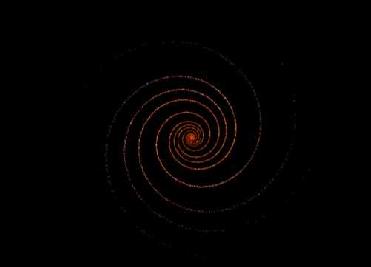
An image of the galaxy reproduced in the simulations. Royal Observatory image
LONDON (BNS): Advances in astronomy have helped scientists discover the existence of alien forms in the Galaxy. According to them there could be at least 361 life forms and possibly as many as 38,000.
Researchers at the University of Edinburgh arrived at the findings using the latest information on the conditions needed for life to emerge on other planets. This included looking at the combination of stars and planets needed to form a solar system which could support life, and the likelihood of life surviving long enough to develop into an intelligent civilisation – creatures which are biologically complex and are potentially able to communicate across the stars.
The study, funded by the Science and Technology Facilities Council and Scottish Universities Physics Alliance, appears in the International Journal of Astrobiology.
During the study, the researchers looked at three scenarios of how life could develop. The first of these assumes that it is difficult for life to be formed but easy for it to evolve, and suggests there are 361 intelligent civilisations in the galaxy.
A second scenario assumes that life is easily formed, but it struggles to develop intelligence, then as many as 31,513 other forms of life are estimated to exist. Finally, they examined the possibility that life could be passed from one planet to another during asteroid collisions, which gave a result of 37,964 intelligent civilisations in existence.
Researcher Duncan Forgan said that it was important to realise that the picture built is still incomplete, and even if alien life forms did exist, one may not necessarily be able to make contact with them, as there is no idea what form they would take. “Life on other planets may be as varied as life on earth and we cannot predict what intelligent life on other planets would look like or how they might behave,” Forgan said.
 Previous Article
Previous Article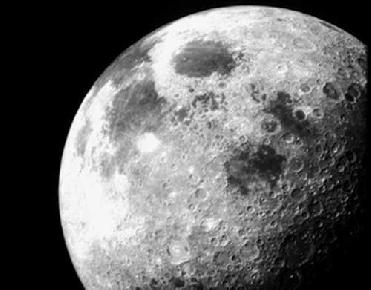 Next Article
Next Article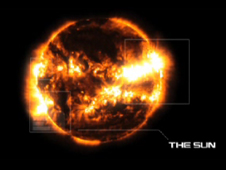
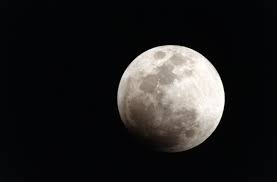
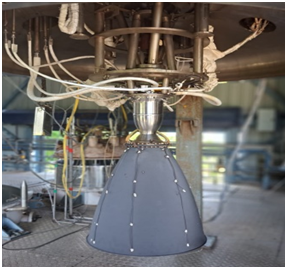
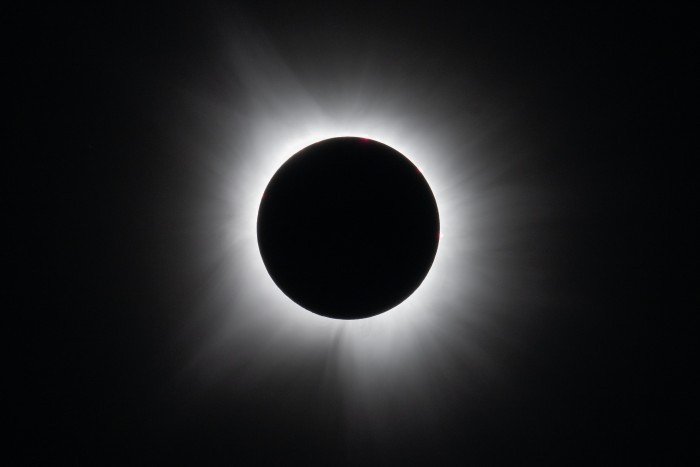









The Indian Air Force, in its flight trials evaluation report submitted before the Defence Ministry l..
view articleAn insight into the Medium Multi-Role Combat Aircraft competition...
view articleSky enthusiasts can now spot the International Space Station (ISS) commanded by Indian-American astr..
view article